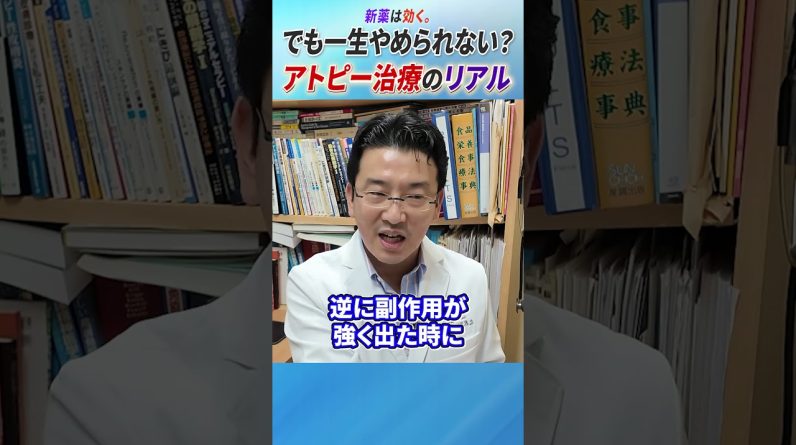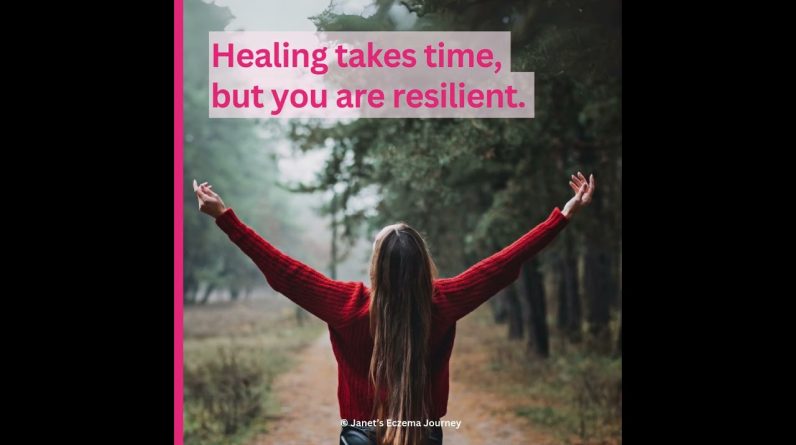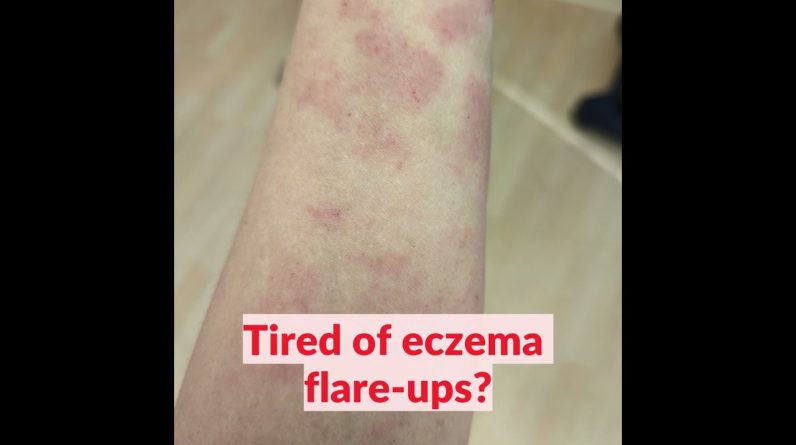Nov 2022 I was diagnosed with a second type of hair loss, an inflammatory alopecia. This was in addition to the 24 year old female pattern baldness I have had since I was 21 years old. I knew this was different, it did not behave at all like my hair loss did the previous 2 decades of my life so I went to try and seek out what could be the cause and received that diagnosis.
Inflammatory, autoimmune related hair loss is a completely different type of hair loss than androgenetic alopecia, and the treatments associated with it are different as well.
There are two (lesser known) things that are available for *potentially* being of benefit, to those dealing with autoimmune, inflammatory hair loss type situations, and I wanted to share those, because I don’t see them widely being discussed or referenced.
**Please note I am not a doctor, this is just what my understanding is of all of this information, always consult with your own doctor.
1) Antihistamines – This was surprising to me, but I guess in an inflammatory alopecia the goal is to bring down the overall inflammation of the body, with the end goal of hoping that it helps turn the ship around. I was told to take Zyrtec at night and Allergra in the morning. Although no prescription is required for this, you should always discuss what you plan on doing with your doctor as there could be medication interactions or perhaps in your case it wouldn’t be good for your overall health.
2) Naltrexone – which Is primary used as an opioid blocker to help those dealing with substance addiction, it has also been found to be useful in LOW doses, for autoimmune conditions. Referred to as LDN (Low Dose Naltrexone). I take 3mg and I get it from a compound pharmacy, prescription is required for this.
Alopecia areata, totalis, universalis – these are autoimmune related hair loss conditions.
When I discussed this on my instagram ( ) at the time I learned about it, several people had contacted me to let me know that Naltrexone helped in their autoimmune condition (unrelated to hair loss), and two people told me it helped their autoimmune related hair loss. I think that shows there is *some* benefit there and it’s something that some people may want to explore either for their autoimmune disorder or autoimmune hair loss condition.
I do also share I believe there is a weight gain possibility with Doxycycline and Antihistamines when use *long term* The Doxycycline (200mg / day) I was prescribed for my Folliculitis I got from shaving my head, which I needed to do for my mental health after this second hair loss, and I don’t know which it was, the Doxycycline or the Antihistamines, but I experienced weight gain, sufficiently to try and see if others had this as well. I found both medications have articles related to them being a potential cause of weight gain.
I went to the dermatologist recently and I asked her to check to see if she still saw the same inflammatory markers that led her to this diagnosis, she said she didn’t, which is good news, but that hasn’t yielded anything positive on my head as far as this second hair loss turning around, but at least it isn’t in an active inflammatory state.
Hair loss is difficult, there is no easy answer, we have to just empower ourselves with as much information as possible to make the best decisions for ourselves.
Hope this helps. xoxo
#hairlosstreatment #autoimmune #hairloss #alopecia
▶︎SUBSCRIBE TO MY CHANNEL: & ENABLE 🔔 to receive notifications
❤️Website:
❤️Instagram:
❤️FB:
❤️Twitter:
🎙I also have a podcast available on iTunes and Spotify. – Women’s Hair Loss Project : )
♡ Popular Uploads ♡
-WORKING IT ALL OUT | WOMEN’S HAIR LOSS PROJECT
-HOW DID YOU KNOW IT WAS THE RIGHT TIME TO START WEARING A WIG?
-TOTAL RANDOMNESS ON ACCEPTANCE
-HAIR LOSS MATTERS








